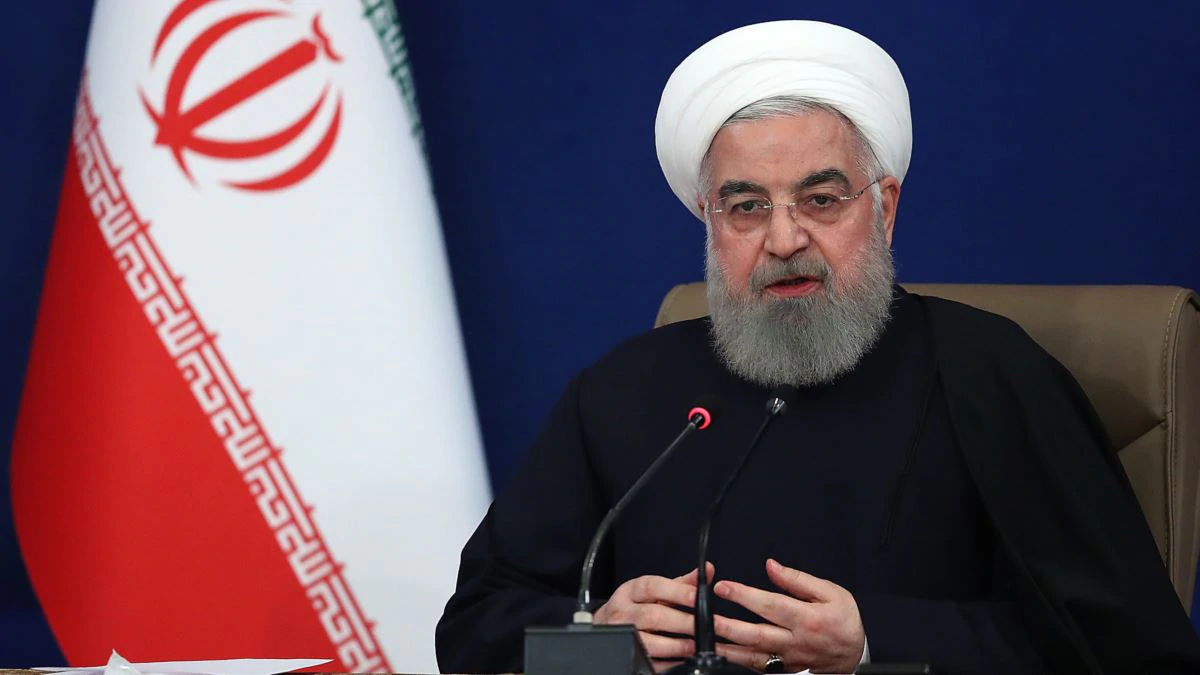
Following an announcement that Tehran had won approval from the United States to use foreign-currency reserves to buy coronavirus vaccines, Iran’s president has claimed that Washington is now demanding that such a transaction go through a U.S. bank.
President Hassan Rohani told a meeting of the government’s coronavirus-response team on December 26 that Iran sought to transfer money from an unidentified third country, and that it had received approval from the U.S. Treasury Department’s Office of Foreign Assets Control (OFAC).
However, Rohani claimed, while the OFAC “had initially indicated that it was not a problem,” it “later said that the money had to first pass through a U.S. bank before it reaches [the recipient].”
Rohani blasted the alleged demand, which the Treasury Department has not confirmed, and questioned whether the United States might confiscate the funds.
On December 24, Iranian central bank chief Abdolnaser Hemmati said that the OFAC had approved the transfer of around $244 million to a Swiss bank in order to purchase 16.8 million doses of vaccines from COVAX, a global COVID-19 vaccine-allocation plan led by the World Health Organization (WHO).
While punitive financial sanctions imposed by the United States against Iran over its nuclear and regional activities prevented such transactions, Washington had been constrained by global public opinion to make an exception in this case, Hemmati claimed on Iranian state TV.
Iran has been hard-hit by COVID-19, with nearly 1.2 million coronavirus cases recorded along with more than 54,000 deaths.
Those numbers, which would make Iran the worst-affected country in the Middle East, are considered to be far lower than the actual figures released by Iranian health authorities.